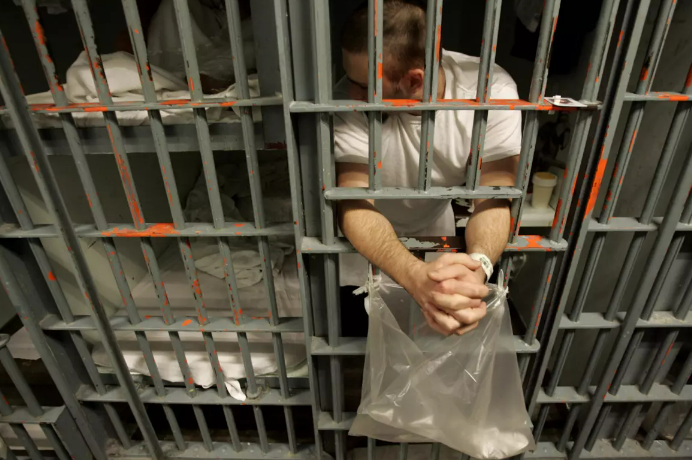What is California Prop 36 and Why Should You Oppose It?
Prop 36 would roll back Prop 47, add new penalties for drug use and a broad range of theft offenses, and add new sentencing enhancements that would apply to any type of crime

In the early 2010s, California’s prison system was overfilled, dangerous, ineffective, and unsustainably expensive to run. The United States Supreme Court ordered California to take action to address the prison system. To comply with the U.S. Constitution, save money, and improve the prison system without compromising public safety, Californians passed Prop 47 with an overwhelming majority of the vote.
Prop 47 reclassified six minor felony offenses to misdemeanors, including shoplifting and simple drug possession, and it funneled costs savings into safety measures like drug and mental health treatment, homelessness prevention, and victim services centers. These changes aligned with research concluding that addressing these offenses with jail or prison time is both expensive and ineffective. A previous effort to recall Prop 47 in 2020 received less than 40 percent of the vote.
A decade of research has concluded that Prop 47 accomplished its goals. Studies have concluded that it reduced recidivism, saved the state more than $800 million, and reduced both the prison population and its racial disparities. Multiple reports have shown that it did not increase violent crime (with disagreement on whether it had a modest effect on property crime). Much of its cost savings have gone towards programs that make the state safer, like mental health and drug treatment, diversion programs, housing, and victims’ services.
This year, special interest groups including large retail corporations like Walmart and Target as well as the California Correctional Peace Officers Association are funding Prop 36, a ballot initiative that once again seeks to roll back Prop 47. Although they describe Prop 36 as “The Homelessness, Drug Addiction, and Theft Reduction Act,” none of its provisions directly address homelessness, and it seeks to address substance use disorder and petty theft through longer sentences and enhanced punishments that evidence shows will only worsen these problems.
- Drug Use - Prop 36 increases prison time for those who use drugs, though evidence shows that imprisonment for drug crimes does not reduce drug use. While Prop 36 imposes mandated drug treatment in some cases, it will reduce funding for (and consequently, availability of) such treatment, and research casts doubt on the effectiveness of mandated drug and mental health treatment. Prop 36’s authors also claim that these new drug laws will reduce homelessness, which is unlikely given the evidence on harsher penalties and mandated treatment, as well as the well-documented likelihood of becoming homeless after incarceration.
- Theft - Prop 36 increases prison time for a range of theft offenses so broad that some provisions would even increase prison time for failing to return a rental car on time. However, studies show that increasing charges and punishments (including for repeat offenses) does not meaningfully deter crime. Neither does lowering felony theft thresholds work. Finally, research (both in general and specifically for retail theft) shows that when the law allows discretion to charge either a misdemeanor or felony (as in Prop 36), people of color more often receive harsher punishments.
- Sentencing Enhancement - Sentencing enhancements require judges to add additional years of prison time on top of the sentence for the underlying crime. This means that the person is punished twice, once by the actual sentence associated with the crime and again by the extra time added by the enhancement. There is a broad consensus that longer sentences have little to no public safety value. Further, California’s heavy use of sentencing enhancements (particularly for nonviolent felonies) has contributed heavily to both the size of its prison population and its large racial disparities. Prop 36 adds sentencing enhancements that apply to any type of offense, and are not limited to drug or theft offenses.
Prop 36 would return California to its worst days of ineffective and expensive mass incarceration and a time when we had fewer tools to keep our communities safe. It would serve to reverse the state’s gains in reducing the dangerous, racially unequal, and unconstitutionally crowded prison population (since 2014, California’s prison population has dropped 28 percent with reduced racial disparities). Second, it would dry up funding for much-needed services, including employment assistance for those coming out of jail, victims’ services, and housing. Finally, it risks making California less safe, as programs funded by Prop 47 have reduced recidivism without increasing violent crime.
Again, another rhetoric-driven, fear-based attempt to address crime that actually does nothing to address crime.
To learn more about Prop 36 and the detrimental impact if could have on California, you can read "What exactly is Prop. 47? And how could California voters change it this year?" written by Anabel Sosa with the Los Angeles Times.










